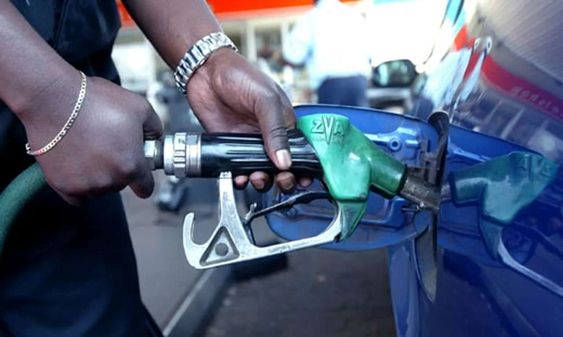Headlines
NEC chooses conciliatory actions for Nigerians after subsidy removal

Cash transfers would be made via state social registrations and would be subject to state-specific restrictions, according to NEC, which also evaluated integrity testing on those databases.
The National Executive Council (NEC) has decided on palliative measures for Nigerians in response to the elimination of the fuel subsidy and the recent increase in petrol prices to up to N617/litre.
A meeting convened in the Council Chambers of the State House in Abuja on Thursday resulted in the decision.
Governors from the 36 states that make up the Federation, the Director General of the Nigerian Governors’ Forum, participants from the World Bank, and representatives from other governmental organisations attended the meeting, which was presided over by Vice President Kashim Shettima.
Cash transfers would be made via state social registrations and would be subject to state-specific restrictions, according to NEC, which also evaluated integrity testing on those databases.
The cost of governance in the various domains was stressed upon government officials at the discussion. Even as this is happening, the federal government has started a six-month cash award policy for public employees.
State governments are required to deliver food goods, cereals, and fertilisers at the pace they purchase them from the National Emergency Management Agency (NEMA), and they are asked to intensify their energy transition plans for the transportation industry.
The Council will discuss the revised palliative package for Nigerians at this, its second meeting, as a result of the removal of the petrol subsidy and the subsequent increase in fuel prices.
In an effort to mitigate the effects of eliminating the fuel subsidy, President Bola Tinubu had presented his administration’s plan for a six-month, N8,000 per month transfer to 12 million of the poorest households in the nation.
The proposal was included in a letter last Thursday that was read aloud in the House of Representatives in response to the previous Muhammadu Buhari administration’s request for a $800 million loan for a social safety net initiative.
However, following the criticism it received from Nigerians, the Federal Government announced it will reconsider the decision a few days after the announcement.
